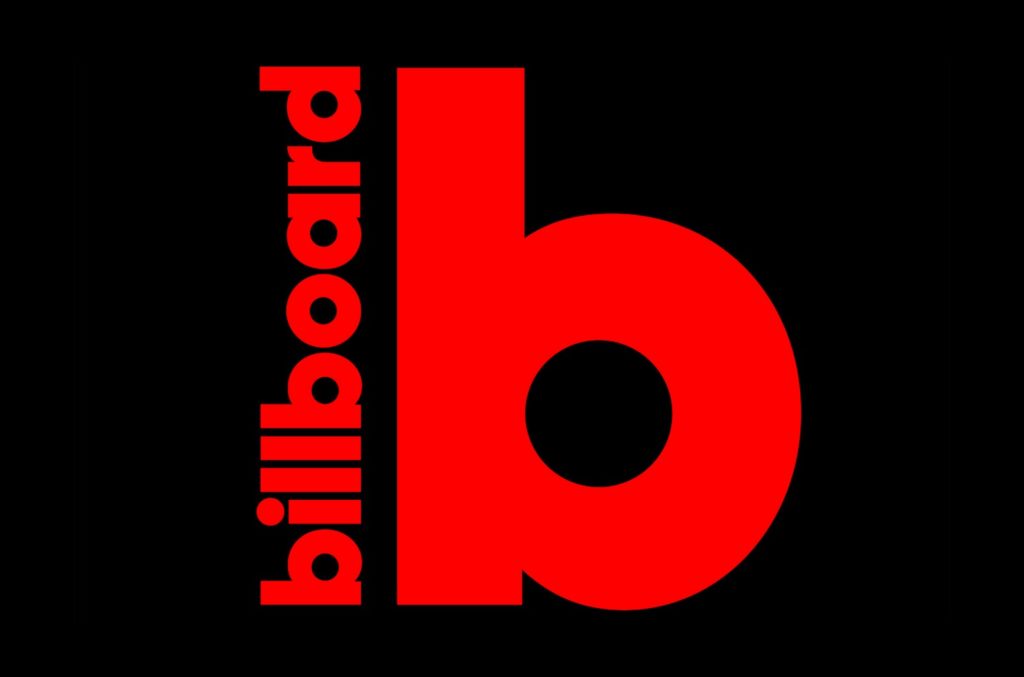The decision is brought about by the pressure it is getting from various music labels as well as Apple Music. Back then, music bought from Apple’s download store or streamed via its paid subscription service has the same weight with free streams on YouTube when counted n Billboard’s Hot 100. However, Billboard announced that it is going to prioritize paid streams, which means that there will be a possibility for artists to promote their songs on paid services like Apple more than it does on free streaming sites. Of course, artists will choose to advertise on platforms that will give them more chances to top up on the Hot 100 chart.

The announcement is a big blow to YouTube as it had hopes of expanding its representation. Reportedly, Google’s YouTube was also negotiating with Billboard to be included in the album charts. Notably, YouTubbe holds a large and ad-supported streaming business that users can access for free.
Billboard Magazine vs. YouTube
According to Billboard, it will be retooling its charts’ formulation, compiled by Nielsen Music. Billboard said that in 2018, streams from paid and subscription-based services like Apple Music, and streams from paid subscription tiers on paid/ad-supported platforms like SoundCloud and Spotify will be given more weight in the calculation of charts. Hence, streams on entirely ad-supported platforms like YouTube will be less prioritized.
The head of Apple Music, Jimmy Iovine has does not support the idea of YouTube growing its influence. According to him, artists were promoting on YouTube because its count on Billboard is the same with the count they can get from helping on paid streams. Showing his disappointment, he asked the record industry how it lets such practice pass. Furthermore, Iovine described YouTube as fake news and said that its traffic can be manipulated.
Moreover, Iovine mentioned that he had been discussing the matter with Billboard. He added that the music industry should all take the same direction, supporting how artists get paid.
Coalition of Independent Labels
Similarly, the chairman of the A2IM coalition of independent labels Darius Van Arman agrees with Iovine. Van Arman, who is also the owner of Secretly Group, said that streams coming from YouTube should not be counted as a part of music streaming charts because when a person is streaming a video, it is not sure whether that person is there for the music itself or for the visuals of the music video. Furthermore, something that is not related to music could be driving the views.
Van Arman further added that if YouTube streams should really be counted as a part of BillBoard Hot 100’s music consumption, it should be weighed less than the streams from licensed, on-demand, and paid music streaming platforms.
YouTube does not have a response regarding these statements.
Billboard charts are giving artists as well as their team an enormous amount of ego boost when their music reaches the top position. Billboard is owned by Eldridge Industries, the same corporation that manages Hollywood Reporter. It blends sales of music with consumption through radio, Apple Music, and other media to generate its rankings. However, the company stated that it has to keep up with the changing ways of listening to music to reflect its popularity.
Executives Love YouTube Views
The executives of many record labels are not in favor of including YouTube streams into the Billboard Hot 100. According to them, it is straightforward to increase traffic through the use of bots. They also emphasized that YouTube automatically decides what to suggest users with after these users have selected a particular video. This is one of many myths about buying YouTube views. Besides, YouTube does not require users of any login information before they could stream music videos. However, the executives’ claim regarding views manipulation on YouTube does not have any evidence, although Google has admitted that it faked traffic in some areas of its ad network.
To give you an idea about how influential YouTube is to music, Despacito, a song by Luis Fonsi hit one billion streams worldwide in a span of 100 days after its release. In October 2017, it recorded a total of four billion streams, which made it the most-streamed song of all time. The song spent a total of 16 weeks at the number one spot.
The person who faces all these allegations about YouTube is Lyor Cohen, YouTube’s global head of music. Cohen, a popular figure, is the former chief executive officer of Warner Music’s recorded music division. After leaving Warner Music, Cohen built his own music label called 300, with financial backing from Google.
The Cohen Rivalry
Cohen and Iovine were once rivals in the rap music industry. During the ‘90s, Cohen ran the record label called Def Jam while Iovine was the co-founder of Interscope Records.
This rivalry resulted in the long-running dispute between paid music streaming platforms and YouTube over the payment for music played there.
The music labels brought the conflict in Brussels in front of the European Commission and the U.S. Copyright Office in hopes of changing the 1998 Digital Millennium Copyright Act. The said law provides tech platforms with protection against legal action for distributing illegal content.
Among the three big music labels, Warner Music is the only one to acquire a new license with Google for its music. Even then, the said label publicly complained about the weak deal. On the other hand, the Sony Music Group and Universal Music Group were still complaining to get a fairer cut of revenue from songs streamed on YouTube, with or without a license.
Conclusion
According to eMarketer, the ad revenue that YouTube acquired in 2017 was approximately $3.5 billion. It also has a small subscription business. Furthermore, YouTube pays out micro-penis for plays, which music labels call “Value Gap.”
According to YouTube, its system identifies most violations and is doing its best to create a new revenue stream for the music labels.
